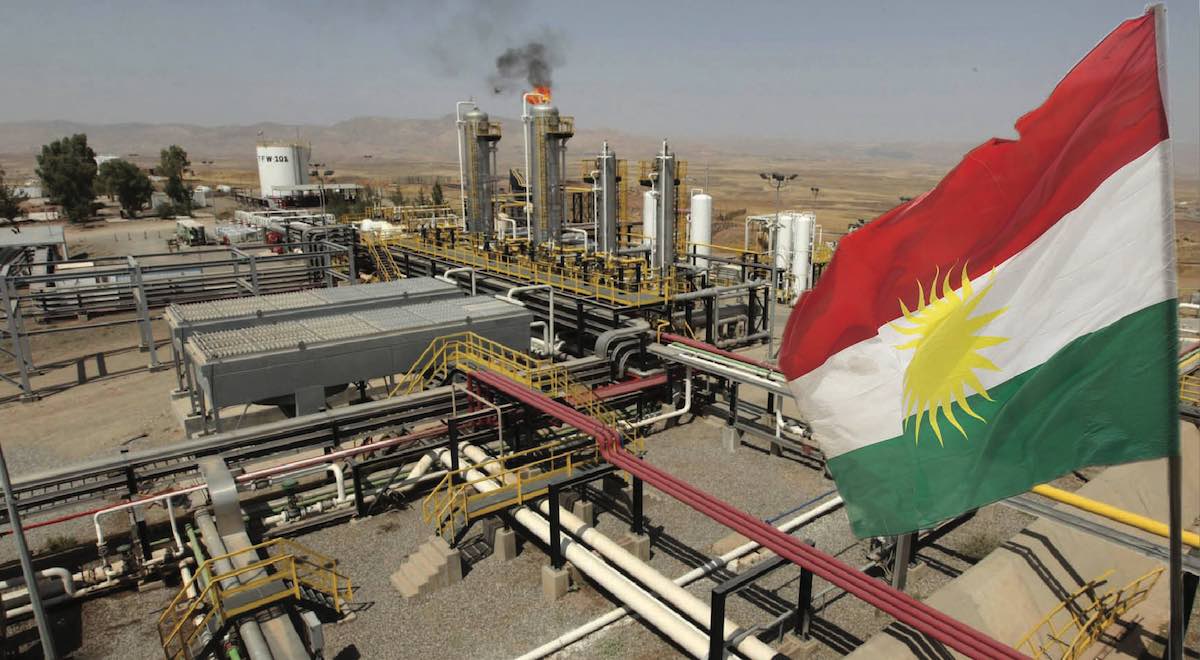APIKUR Urges Iraq and Kurdistan to safeguard international oil companies' contractual rights

Shafaq News/ APIKUR, the Association of the Petroleum Industry of Kurdistan, has issued a persistent call to action, urging both the Government of Iraq and Kurdistan to expedite negotiations and ensure the preservation of internationally recognized contractual rights for international oil companies (IOCs).
The association underscores the imperative of incorporating these rights into Iraq's budget execution and forthcoming legislation about the oil and gas sectors within the Republic of Iraq and the Kurdistan Region.
The core tenet of APIKUR's appeal is safeguarding the contractual integrity of existing Production Sharing Contracts (PSCs), which form the cornerstone of IOCs' operational engagement. The association's stance is grounded in the conviction that these agreements are pivotal to ensuring the future vitality of the industry within these regions, along with the multitude of employment opportunities it sustains.
At the heart of the PSC model utilized within the Kurdistan Region lies a competitive investment structure that aligns with international norms prevalent across petroleum-rich domains. IOCs within the Kurdistan PSC framework undertake the financial risk, and in instances of triumph, the Kurdistan Region reaps the lion's share of the benefits. This successful model has demonstrated its resilience over time.
To solidify the confidence of IOCs in their entitlement to recover costs and secure profits from prosperous undertakings, the Kurdistan PSC model adheres to English law, and recourse to dispute resolution is anchored in international arbitration at the esteemed London Court of International Arbitration.
APIKUR acknowledged the formidable challenges posed by the region's unique political, security, and geological landscape. Notwithstanding these hurdles, the sector managed by IOCs has demonstrated remarkable growth, evolving from a nascent state 15 years ago to boasting a robust production capacity, generating around 250,000 barrels of oil per day.
As the cornerstone of Kurdistan's economic landscape, the oil and gas sector bears testimony to its pivotal role, conferring tens of thousands of high-quality jobs directly through IOCs and indirectly through service providers, contractors, and the communities encircling operational sites.
However, APIKUR underscores that this substantial progress has not materialized without significant contributions. IOCs have invested hundreds of millions of dollars into exploration projects, even non-commercial ones, shouldering this financial burden without cost or risk to the Kurdistan Region.
Federal Iraq's recent budgetary stipulations dictate that the Kurdistan Region produces and delivers 400,000 barrels of oil daily to Federal Iraq. Realizing this ambitious target hinges upon the Kurdistan Region's reliance on production derived from IOC-operated fields.

